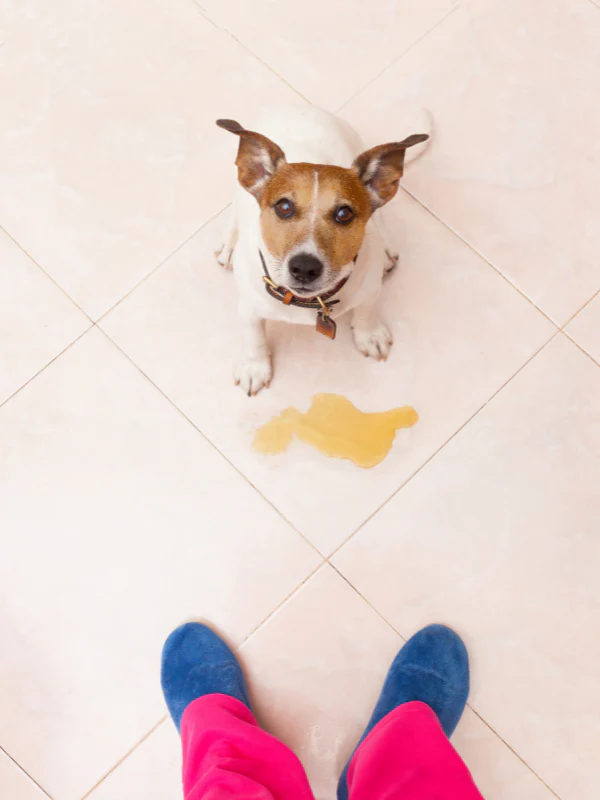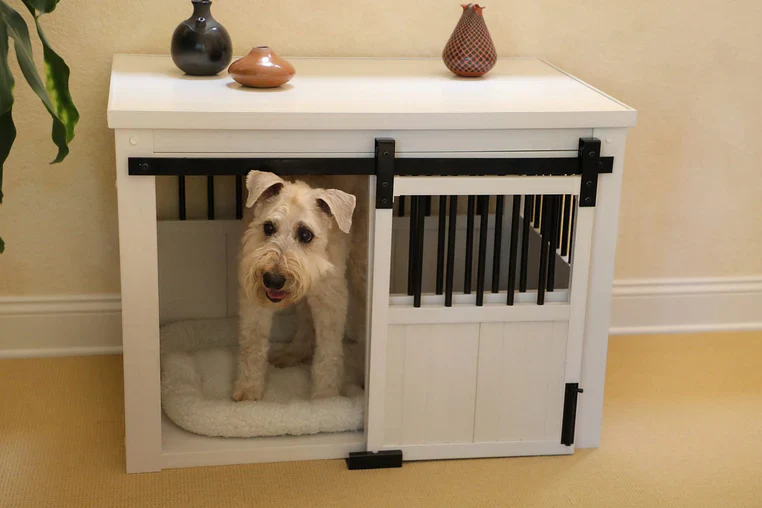Your new puppy’s boundless energy and curiosity are truly contagious, and watching them discover the world is nothing short of delightful. But one challenge that often leaves even the most patient pet owners scratching their heads is potty training. Don’t worry—you’re not alone in this adventure! This comprehensive guide, titled “Mastering Puppy Potty Training: A Step-by-Step Approach,†will equip you with everything you need to successfully house-train your furry companion.

Introduction
Picture this: you bring home your adorable new puppy, excited to embark on this incredible journey together. Then, before long, you notice something unexpected—perhaps a little surprise in the middle of your living room rug. That’s when it dawns on you: it’s time to start potty training. While it might seem overwhelming at first, rest assured—it’s entirely manageable with the right strategies and mindset. Let’s jump into it!
Understanding Your Puppy’s Unique Needs
Before diving into potty training, it’s vital to grasp the distinct requirements of your puppy. Puppies have small bladders and fast metabolisms, meaning they need to relieve themselves more frequently than adult dogs. Familiarizing yourself with these needs will enable you to establish a training schedule tailored to both of your lifestyles.
Mastering Puppy Potty Training: A Practical Guide
1. Establishing a Consistent Routine
At the heart of successful potty training lies structure. Puppies thrive on routines, so creating a predictable schedule is essential. This includes fixed mealtimes, play sessions, and, most importantly, regular opportunities for outdoor bathroom breaks.
2. Keep a Watchful Eye
Whenever you’re home, try to monitor your puppy closely. Signs such as sniffing around or whimpering often indicate that your pup needs to go outside. Acting promptly helps prevent accidents and reinforces good behavior.
3. Utilize Crate Training
Crate training offers a practical solution because dogs naturally dislike soiling their sleeping area. The crate should comfortably fit your puppy but remain snug enough to discourage inappropriate elimination.

Selecting the Best Tools for Potty Training
Puppy Pads
Puppy pads can serve as valuable aids, particularly for those living in apartments. These absorbent mats are designed to catch accidents and protect your flooring from damage.
Crate
A crate provides a secure space for your puppy while simultaneously aiding in potty training. Make sure it’s appropriately sized; too large, and your puppy may designate a corner as its bathroom.
Positive Reinforcement: The Key to Success
Rewarding your puppy after a successful outdoor trip is critical. Whether it’s a treat, verbal praise, or a fun game, reinforcing positive behavior ensures your pup knows exactly what they’ve done right.
Managing Accidents Gracefully
Accidents happen—they’re part of the learning process. When they do occur, respond calmly and patiently. Never reprimand or punish your puppy for indoor accidents, as this can lead to fear and confusion.
Knowing When to Seek Veterinary Advice
If your puppy continues to struggle with potty training despite your best efforts, it may be wise to consult a veterinarian. They can assess any underlying health concerns and offer tailored advice to support your training efforts.
Frequently Asked Questions About Puppy Potty Training
1. How Long Does It Take to Potty Train a Puppy?
Most puppies require 4-6 months of consistent training to become fully house-trained. Some may take up to a year depending on individual temperament and circumstances.
2. Should I Scold My Puppy for Indoor Accidents?
No, scolding only causes stress and confusion. Instead, clean up the mess calmly and stay committed to your training plan.
3. Can I Still Potty Train an Older Puppy?
Absolutely! Although older puppies and even adult dogs may need more time, they can still learn proper bathroom habits with patience and persistence.
4. What Should I Do If My Puppy Keeps Having Accidents?
If accidents persist, consulting a vet is advisable. Underlying medical conditions could be contributing to the issue.
5. How Often Should I Take My Puppy Outside to Go Potty?
Puppies typically need to go outside every hour, especially after meals, naps, and playtime.
6. Is Crate Training Essential for Potty Training?
While not mandatory, crate training is a helpful tool. It teaches puppies to hold their bladder for extended periods and promotes overall discipline.
Conclusion
Potty training a puppy is undoubtedly challenging, but with dedication, positivity, and the right techniques, you’ll achieve success. Remember, each dog is different—what works for one may not work for another. Tailoring your approach to suit your puppy’s personality and needs is key to fostering a harmonious relationship.
As you navigate the world of puppy potty training, focus on understanding your pup’s needs, building a reliable routine, selecting appropriate tools, and seeking expert advice when needed. With perseverance and love, you’ll soon see remarkable progress. Happy training!
Best Led Strip Lights Under Cabinet,Powerful Outdoor Led Flood Light,Outdoor Lighting For Your Home
Jilin Province Yuaoda Trading Co., Ltd , https://www.yuaodacn.com